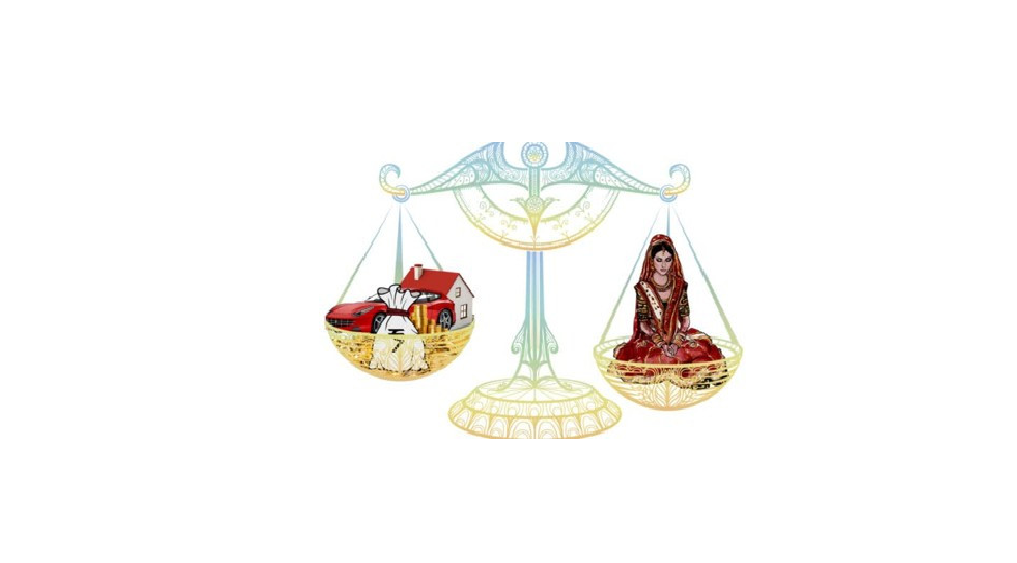It is not fake news, the people in this area do not accept dowry
The veracity of this statement is not in question – the locals in this vicinity firmly reject the practice of dowry. Dowry has been a major problem in Indian society for decades. Despite various steps taken by the government to eradicate the malpractice, rural India remains susceptible to dowry rituals.
While rural India still fights with the age-old ‘tradition’ of dowry, this village in Kashmir is paving a path for all to follow. People in Babawayil village in Kashmir sign an anti-dowry pact that stops them from practicing this age-old custom. Anyone who decides to unfollow the pact will face a social boycott with no entry into the Masjid or graveyard. While there are strict rules, no one has gone against the pact in the last forty years.
An article published on Village Square reads:
“Almost all marriages in the village are arranged by family and friends, a long-held custom left untouched by modern views. Dowry was never a bother in traditional Muslim marriages and the only transaction was the “mehr” or bride money paid by the groom during the nikah on a qazi’s watch.
It’s a simple ceremony: “Ijaab” (offer of marriage) from the groom, and the bride says “qabool” thrice. Qabool is the equivalent of “I do”.”
The dowry system, introduced to the village a few decades ago, transformed simple marriage ceremonies into extravagant displays of wealth: too much for a single family to bear. From expensive jewelry to houses and cars, the bride’s family was expected to present several valuable items as gifts. The gift items were put in place to give the newly married a comfortable life.
The bride’s father could do very little and usually succumbed to the demands of the bridegroom’s family. The bride’s father went even to the extent of selling property to give the newly married couple a so-called “comfortable life.”
The Village Square article mentions the following:
“Babawayil resident Ghulam Nabi Shah made up his mind to put an end to dowry and its attendant overheads in the 1980s, spurred by a hard-up relative’s call for help. He and village elders put their heads together and framed the first rules for a simple marriage. The village law debuted in 1985 with signatures from one and all.”
After the law was passed in the village, people breathed a sigh of relief. The expenditure on weddings dropped significantly. People went back to the olden days when marriages were simple where families and friends had a small get-together to bless the newlywed.
The village is an example for one and all to get back to our roots and keep things simple.
How did you find this information? Please mention this in the comments section. We would also like to know the kind of content you want to watch, and we will try to create it for you. For more news and updates, follow Airr News.
#Dowry #AntiDowry #Kashmir #BabawayilVillage #MuslimMinority #MuslimWedding #RuralIndia #RuralCustoms #RuralTraditions #AirrNews

